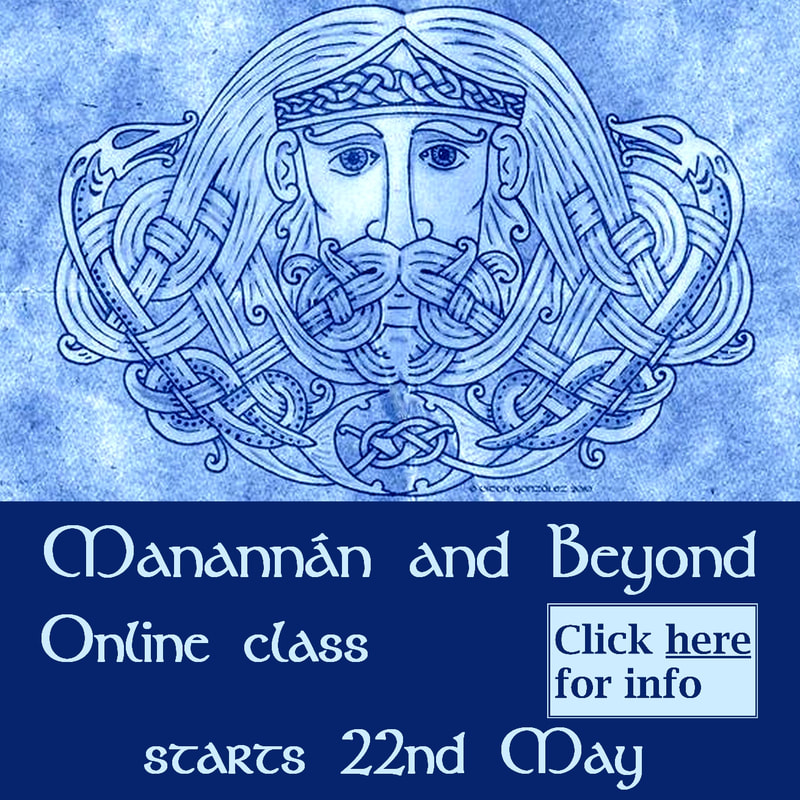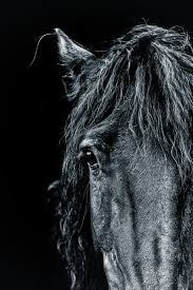
One old boy said he saw her and she ran right into a deep reedy pool. Went in head first, he said. And never came up. The next day, old Joe saw her come up suddenly out of the river by the pack horse bridge. Forty miles away.
They know her by a white streak in her tail. You only see it when the wind's just so, or she's swishing it at flies.
No. No one has tried to catch her and I really hope they never try. Humans are awfully clever. They can be bloody minded when they want something. It doesn't bear thinking about.
I followed her for awhile. Not to catch her or to try to gentle her, but because she kept whispering to me. In my morning dreams I'd hear her. Just as I was waking. But I couldn't make out words. How did I know it was her? I just knew. And I would pull on my breeks and grab a bit of bread in my hand to eat later and run up into the hills trying to catch sight of her.
There was no pattern to it. One time I saw her in Joe's herd. Just grazing in among his mares, she was.
I thought she'd go off over the tops but she headed straight through the valley following the river. She was so swift my eye could hardly follow her. Then I heard a lot of splashing
I went back the next day, and the next. There wasn't a pony in sight.
The whispering in my head got louder. It started in the evening, too, when I was sitting trying to relax.
But there were no words to it. Just that sound - a horse's breath, the sound of a swishing tail. But there was a kind of meaning behind the sound. I just couldn't make it out and it was driving me insane. I wanted to hear it clearer, or closer. I was sure there was meaning there. That she had some message for me. Some wisdom or maybe some request.
Autumn came. I was lean as a brush handle from walking the valleys and the tops and I saw her regularly. But I couldn't get close
I swear she had a special smell about her. Like gorse and like roses. I'd stay downwind of her and the smell was almost overwhelming some days. She watched me. Oh, yes! She watched me. And I watched her.
Her mane was long. Long and tangled. It hung in ropes, dragging the ground when she grazed. Her nostrils were soft and flaring. Her back and rump were curved like the back of a beautiful woman.
| My dreams started to be haunted by horses. Nothing made sense. There were horses who talked and others that flew with wings or turned into beautiful fairy women. The hills themselves were giant horses or had shadows of giant horses walking across them. Over and over I dreamt of a mare who birthed twin foals. The next time I'd see her she'd be distraught and looking for them. Or maybe she'd have one foal but be searching frantically for the other. I'd try to help her, but nothing was ever resolved in those dreams. |
One morning I woke up to someone rattling hard at my door latch. I opened the door just in time to see her. To see her skid to a halt on the stone path like she was headed straight for my door. When she saw me opening the door she spooked. She wheeled ‘round on her back legs and pelted up the road whinnying. I stood dumbfounded, then thought If she was running toward the door, who rattled the latch?
I paced the floor for an hour, drank tea. I shoved bread in my pocket. The frost had burned off by mid-morning. It was almost hot. I wandered the footpaths, scenting the air
Finally I saw her. She was across the valley, two thirds of the way up. She had a different look about her. She was by herself, she looked calm. She was up among patches of black scree. But she was blacker yet in the sunlight
It didn't seem that she saw me as I made my way over tussocks and around boulders. I would have to come down and then up the other side to reach her. It never occurred to me to be furtive. Maybe something had changed. I didn't expect her to run now.
It was hard, getting up the south side of the valley. I followed a sheep path, hoping to cut around the hill toward her. Suddenly the mist came down the way it does. It was a cold mist, but I had been sweating. I remember that. Then I was disoriented. The mist will do that to you. Just come down and blind you. I could make out some boulders and started carefully toward them to sit down and wait things out. It would probably lift again.
I heard her breathing and whispering to me. Then I slipped on the wet scree. I slid helplessly but harmlessly down. Thirty or forty feet, I suppose. I was cursing to myself under my breath. Shit! Shit! I didn't know where I was. I couldn't see where I was. My hip was a little bruised and one side of my body was wet where I lay now on wet grass, not daring to move.
The mist did lift. I knew I needed to go home. I was cold and wet. I picked my way down and made it to the road by dusk.
I built up the fire, fell into a hot bath and a warm bed. I watched the mare birth her twins and get them on their feet. They suckled while I listened to the mare's breathing.
I woke up late and a bit sore. I sorted the fire and tidied up. I went to the pub and had a big lunch and two pints. It was cold and spitting rain when I came out. Already getting dark.
I tried to have a normal evening. Read a book about local wildflowers. I woke up in my chair by the fire, gave up and went to bed.
I dreamt that it snowed, and there was a lot of noise outside the house. In the morning I went out and there were horse tracks everywhere. All over the garden and in the road. There was thick snow stuck to the sides of the house, and there were horse tracks in the snow on the walls of the house. Probably on the roof, too, for all I knew.
I woke up and looked out the window. It had snowed. I rushed out into the garden searching everywhere for the tracks. I looked in the road and behind the garden walls. There were no tracks.
I went back into the house shivering. I noticed that I was pacing and wringing my hands. I wanted to weep. When I was young I had been deeply and desperately in love. This feeling was similar. And similar, too, to the feeling I had when I was jilted a few months later.
I paced the house, took another bath, went to bed early. The next day I felt better. Life became bearable. The feelings fell away and the dreams stopped.
I went out to the valley a few times. Stayed on the footpaths. Never saw any horses. I tried not to do too much thinking.
I dreamed I was by the Hippocrene Spring where a sleek gray colt recited nature poetry to me. I had never heard such beauty. Birds and flowers, water and trees seemed to flow from his mouth. He flew up toward the sun on Pegasus wings. And for a moment I sat on those powerful shoulders.
I saw Joe in my dreams. He was a boy of fifteen. He was breaking the black mare in to drive. She looked about three years old and she wasn't ready. Joe was hesitant and she stood frozen. He looked at her bridle. He went into the barn. She stood frozen. He took the bridle off. And she relaxed.
What was he doing? Working blinkers onto the bridle. He put it back on her. She stiffened. But he told her to walk on she panicked and rushed between the old stone gateposts breaking the light harness and skidding down the road.
It snowed again. My dreams were filled with snow and the image of the wild mare. Emerging over and over from the river by the packhorse bridge. And a startled Joe, old (as he is now) looking in wonder as she disappears across the hills.
My dreams are filled with snow. The wild mare is made of water. Snow is water. It's no wonder she can get everywhere. She is in the snow. She is in the water and the black scree. And so am I.
Then spring comes. It comes early. By the end of March grass is outstripping the wildflowers. The morning whispering is starting again. It wakes me, then I lie in bed savouring it. Sometimes I think I can smell the gorse. And the roses.
Not long after Easter I go into the valley one morning with a new idea. A light, damp mist clings to everything. I simply stand by the water. I stand and wait. Calling her in my mind, with my spirit.
She comes and stands right beside me. I stand frozen. I realise how afraid she is of humans. How much this is costing her. Ideas form like her words in my mind.
| I was lost in a storm And ran over the tops into this valley I saw the herd and joined them I never want to be caught again I have always resisted the stallion But this year the urge was too strong And I am in foal I look at her. She does not look like she is in foal. The smell of flowers clings to the mist. The other mares will be rounded up soon I will have to foal alone I cannot protect the foal by myself |
On Friday night I see Joe in the pub. I casually mention seeing the wild mare a couple of times recently.
Joe looks at his hands. He looks out the window.
"I heard she might be yours, Joe. I wonder whether she'd be for sale at all..."
Joe stands frozen. Something in the way he looks makes me feel pity.
"No one knows who that black devil belongs to! Who told you that?"
He's got me cornered there. I tell him I must have misunderstood and offer to buy him a drink, but he makes some excuse and leaves.
I lose a few games of darts and start walking home. Halfway up my road I see her. In the dark, at first I think she's walking toward me. But she is walking away.
I feel completely lost. I don't know what to do. At home I build up the fire but I'm in a blind rage. I fling the poker across the room, break three mugs and throw books against the wall.
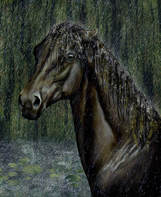
Out on the hill, in the night it's lashing rain. The mare is looking for her lost foal. The twin tries to keep up with the mare's frantic movements, but it's cold and tired. She doesn't respond to its little whinnies. She is obsessed with finding the lost one.
There is a flash of lightning. The sodden foal spooks and takes off, running through the dark. It slips on the wet scree. It's dark and the storm is noisy. I can't see anything. In the morning I wake up feeling drained.
Kelpie Weather by Skye-Fyre
I don't know what a wild mare and foal need. Probably other mares to watch the foal while the mother sleeps. I can't live out on the hills. People would be rounding me up, never mind the mare!
The only thing I can think would be to bring the mare down and put her in my back garden for a few months. But people would notice. A mare like that wouldn't like it there. I’m don’t even know whether it’s legal. Then I laugh at myself. I'd never catch her!
The dreams are all I know for a fortnight. The whispering in my head is strong and I feel like a ghost.
Twice I go up the valley. I stand by the river but she doesn't come. I start leaving the side gate open.
I wonder to myself whether she's real at all. I try to count the number of times I've seen her. But it's hard to separate which times were dreams. Maybe they were all dreams.
Twice I think I see her up near the tops. Both times it’s a patch of scree.
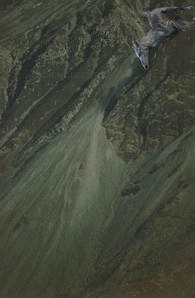
Impossibly far. Hundreds of feet. Nose first, it slides and slides. Like some kind of birth.
In the morning I wake up to rain and sleet lashing the windows. It's quite bright. It won't last. I sit drinking coffee. Feeling depressed. Again, I try to make sense of this.
If Joe misused a horse when he was a boy, that horse would be more than sixty years old. Horses don't live that long. It never occurs to me that what I dreamt might never have happened.
By lunchtime the sun has come out but I still feel miserable. I do the washing up but I'm still going 'round and 'round with the wild mare. What if she is some kind of ghost? Or kelpie? Is she the ghost of the mare? Or one of her twins? The more obvious answer is that I've gone mad.
I have a vague idea to take a walk up the valley, but I procrastinate. About four o'clock I hear Joe's herd clattering down the road. Joe, his wife and his brother and a young couple I don't know are driving them over to the farm.
As soon as they're away I slip out and head up the valley. I don't really expect to see her. She's probably miles away today with that going on.
I head straight down to the river. Across the packhorse bridge and up the south side I make for the scree and boulders where I fell that day. I sit down in the sun.
Tell me what to do I whisper
The side gate is open
You can slip in and shelter behind the garden wall
I sit for a long time trying to remember the scent of gorse and of roses.
Sometimes at night I think I hear her walk under my window.

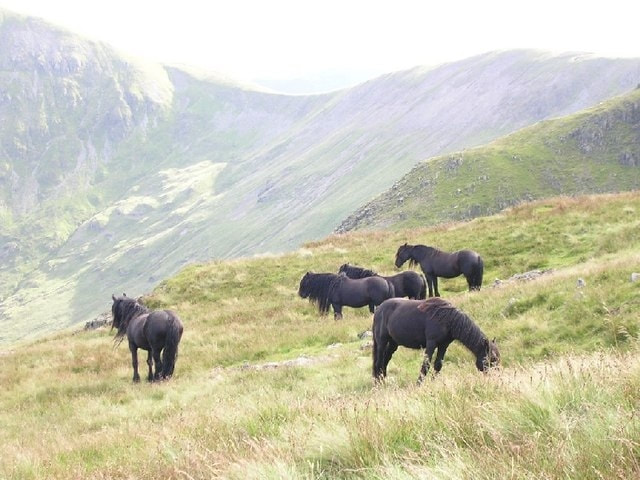
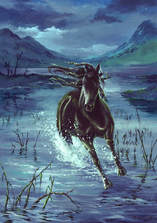
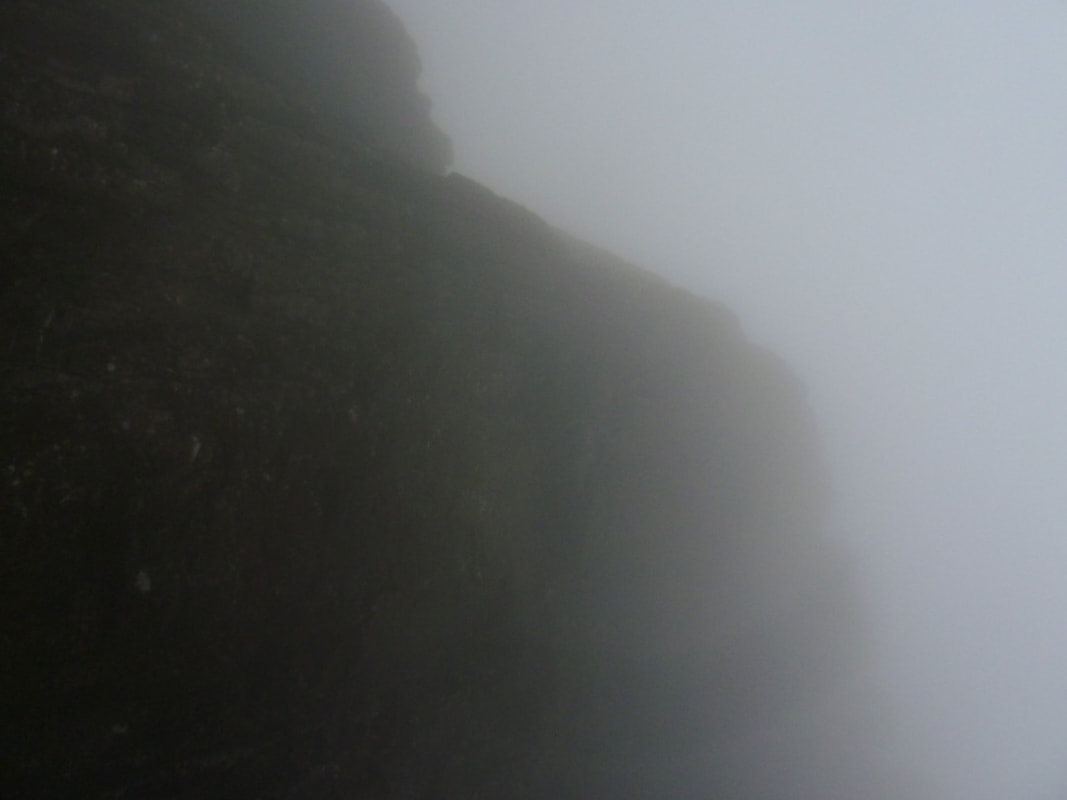
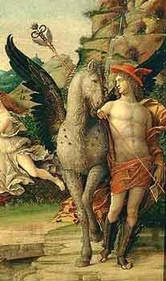
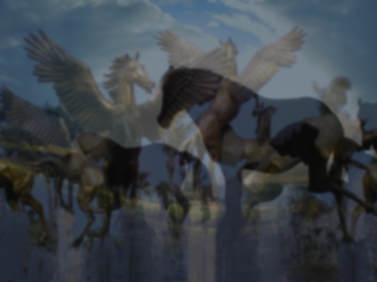
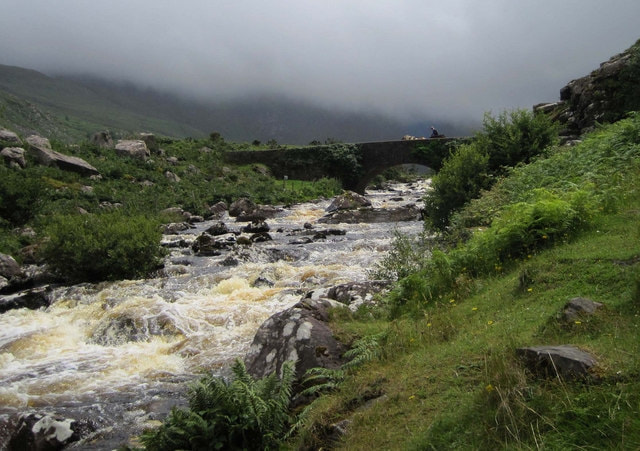
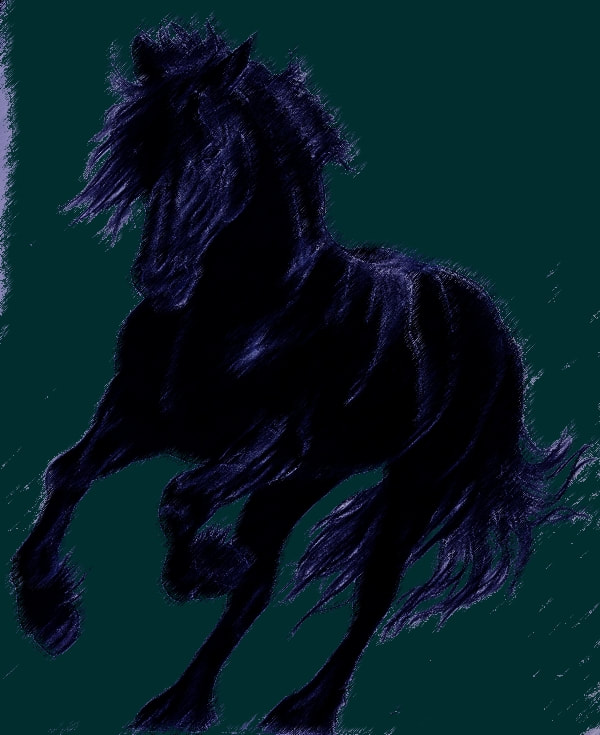
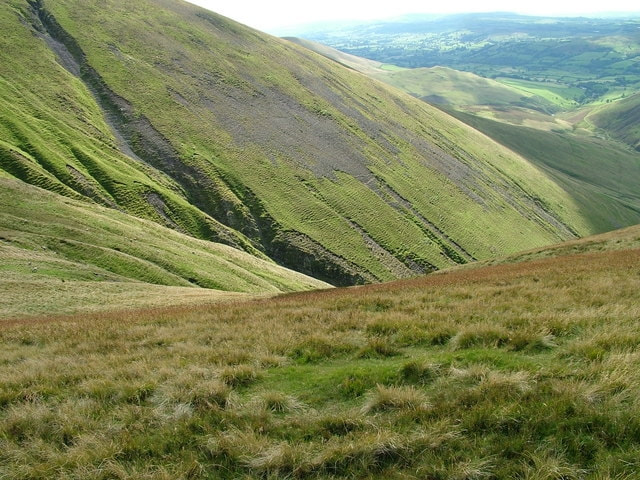
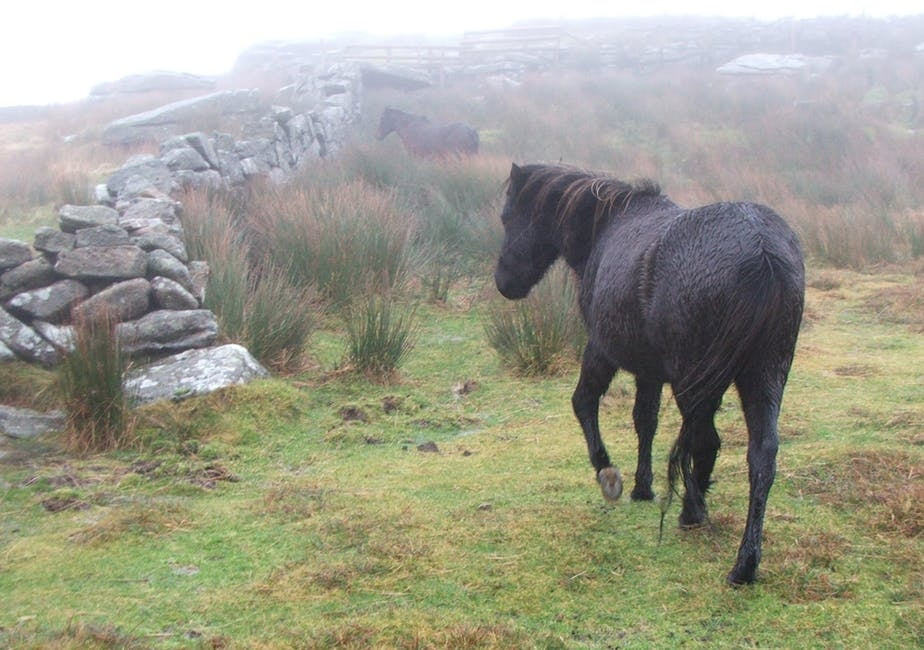
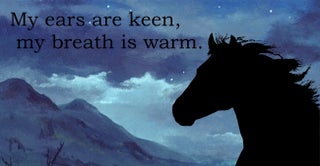

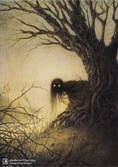
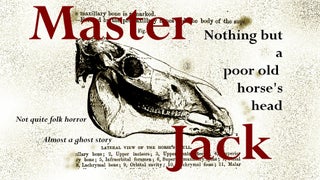
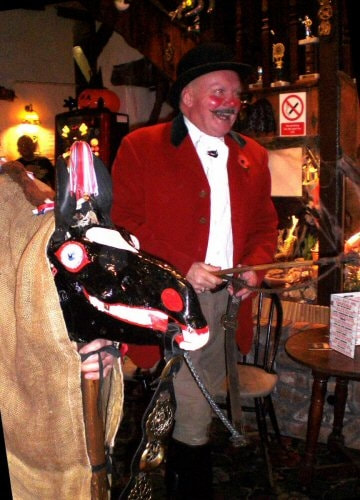
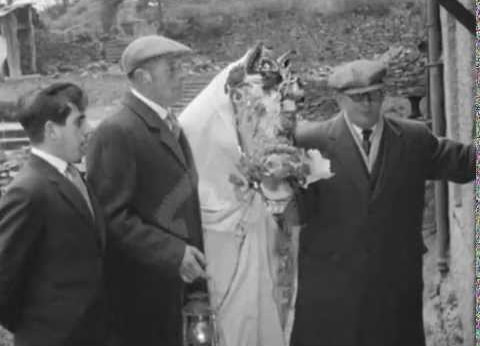
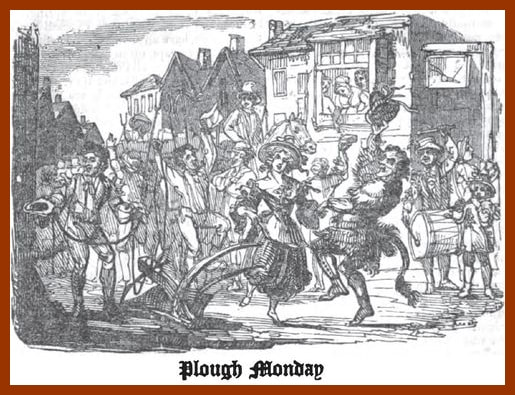
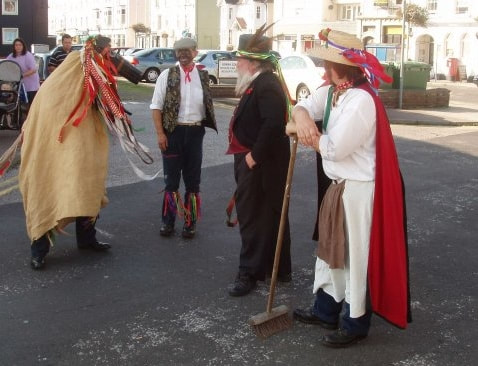
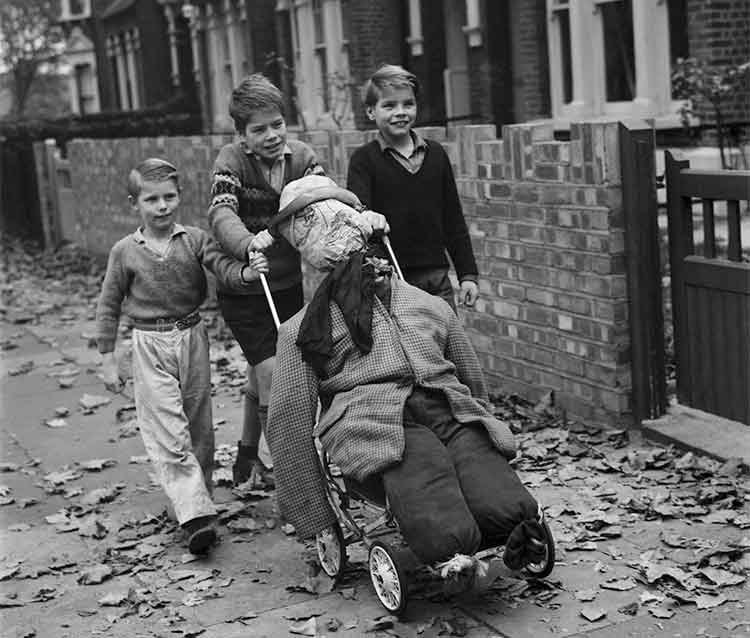
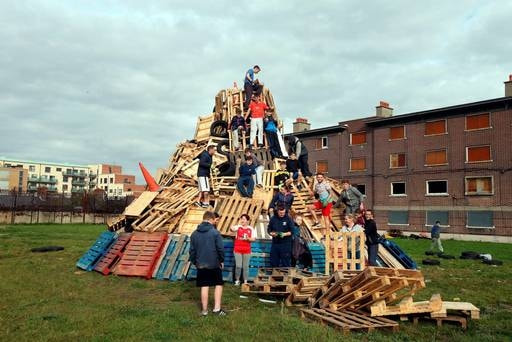
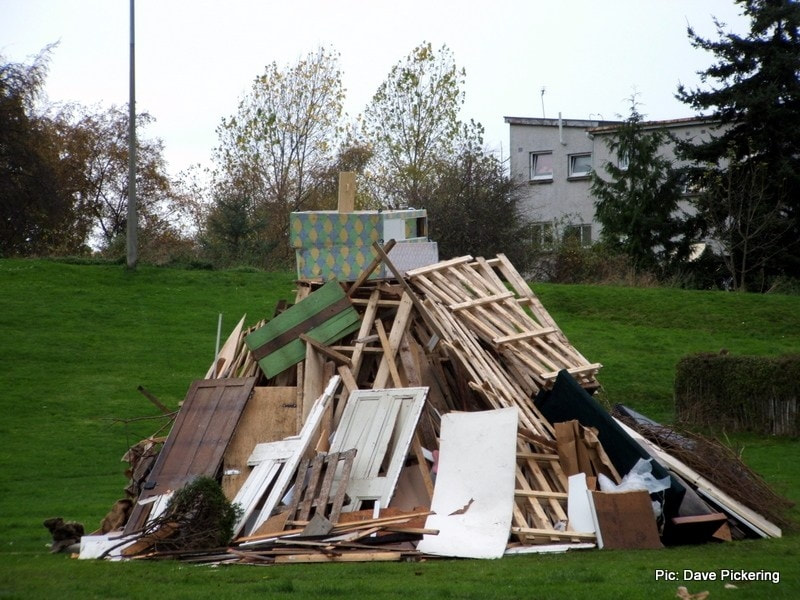
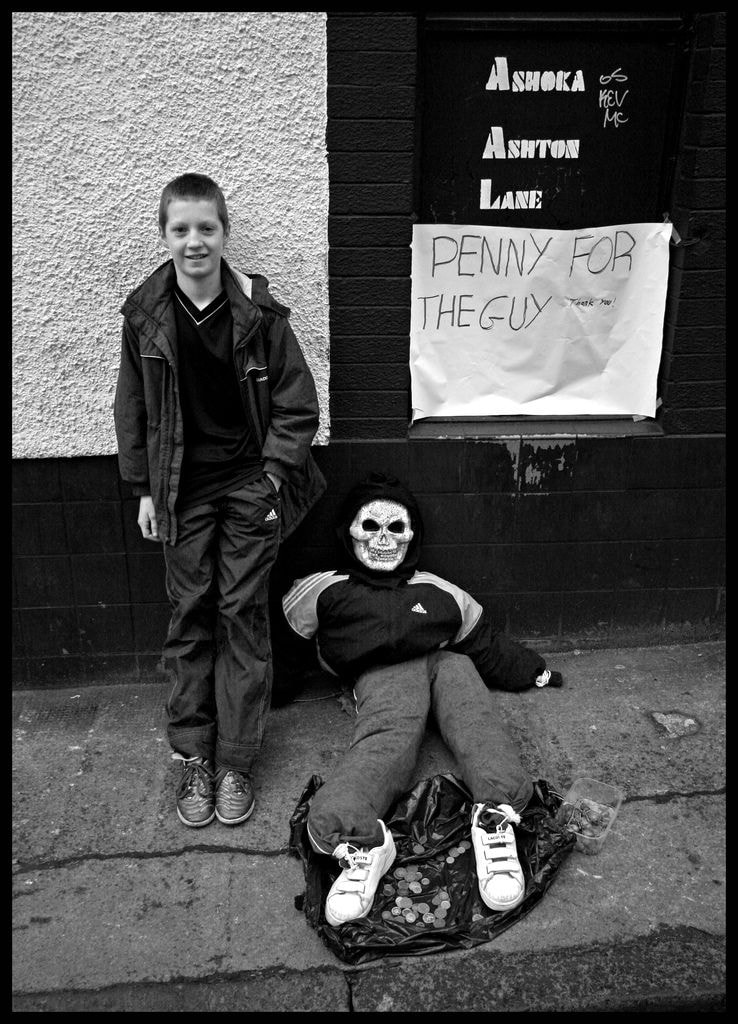

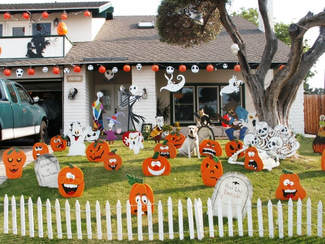
 RSS Feed
RSS Feed



